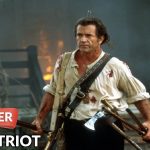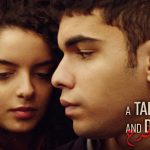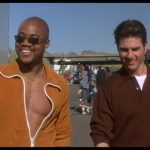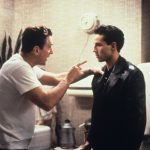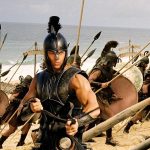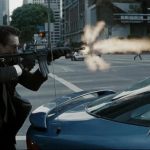Open Range (2003)
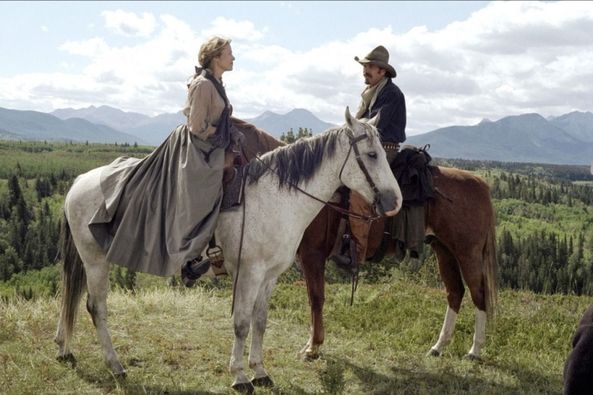
Open Range is a compelling Western that expertly revitalizes classic genre tropes while delivering a poignant narrative about friendship, justice, and the harsh realities of frontier life. Released in 2003 and directed by Kevin Costner, who also stars in the film alongside Robert Duvall, Annette Bening, and Michael Gambon, Open Range stands out for its breathtaking cinematography, strong performances, and a thoughtful exploration of morality in a lawless land.
Set in the late 19th century, the film follows the journey of two free-grazers, Boss Spearman (Kevin Costner) and Charlie Waite (Robert Duvall), who lead a group of cattle in search of greener pastures. Their peaceful way of life is disrupted when they encounter a corrupt rancher, Denton Baxter (Michael Gambon), who uses violent tactics to maintain control over the area and eliminate any competition. As tensions escalate, Boss and Charlie must confront Baxter and his men to protect their way of life and seek justice.
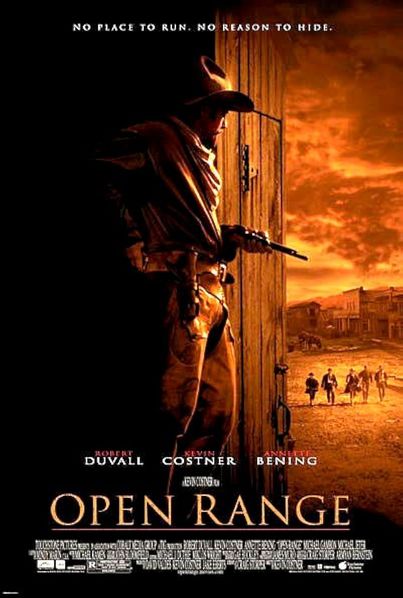
At its heart, Open Range is a story about honor and the bonds of friendship. The relationship between Boss and Charlie is central to the film, showcasing their deep camaraderie and shared experiences. Both characters are seasoned men with a strong moral compass, but they grapple with the reality that their peaceful existence may require them to resort to violence. This internal conflict adds emotional depth to the narrative, as they must weigh their principles against the need for self-defense.

One of the film’s most striking aspects is its cinematography, which captures the vast, rugged beauty of the American West. Shot in locations across Alberta, Canada, the sweeping landscapes serve as a breathtaking backdrop, enhancing the film’s themes of freedom and the harshness of frontier life. The visuals not only elevate the storytelling but also evoke a sense of nostalgia for the classic Westerns of the past, while maintaining a contemporary sensibility.
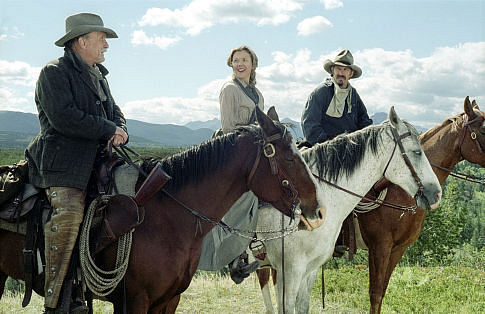
The pacing of Open Range is deliberate, allowing the audience to fully immerse themselves in the characters’ lives and the world they inhabit. This slower rhythm contrasts with the film’s intense climax, where the characters are forced to confront their enemies. The final showdown is both thrilling and emotionally charged, highlighting the stakes involved and the characters’ unwavering commitment to their values. Costner and Duvall deliver powerful performances that embody the struggles of men shaped by their experiences in a violent and unforgiving land.
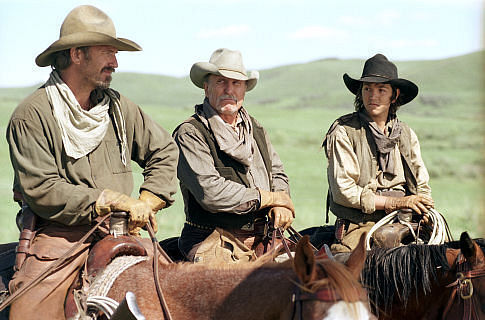
In addition to its action and drama, Open Range also offers a tender love story between Charlie and Sue (Annette Bening), a woman they meet in the town where tensions are brewing. Their relationship develops slowly, reflecting the characters’ need for connection in a world filled with chaos. Sue’s presence serves as a reminder of the life they aspire to lead—a life filled with love and peace, rather than one dominated by violence. Bening’s portrayal of Sue adds a layer of warmth and humanity to the film, further emphasizing the cost of the characters’ choices.
The film also tackles themes of justice and morality, questioning the nature of right and wrong in a world where the law is often absent. Boss and Charlie’s struggle against Baxter represents a broader commentary on the fight for justice in a lawless society. Their journey reflects the complexities of human nature, illustrating how individuals can be pushed to their limits and forced to make difficult choices.
Upon its release, Open Range received positive reviews from critics and audiences alike, praised for its authenticity and strong performances. The film stands as a testament to the enduring appeal of the Western genre, while also pushing its boundaries by exploring the emotional and moral dilemmas faced by its characters.
In conclusion, Open Range is a masterful Western that combines stunning visuals, strong character development, and a thought-provoking narrative. Through the journey of Boss and Charlie, the film explores themes of friendship, justice, and the human capacity for both violence and compassion. With its rich storytelling and powerful performances, Open Range remains a significant entry in the genre, inviting viewers to reflect on the complexities of life in the West. Ultimately, it serves as a reminder of the enduring struggle for dignity and honor in a world where those values are often challenged.
